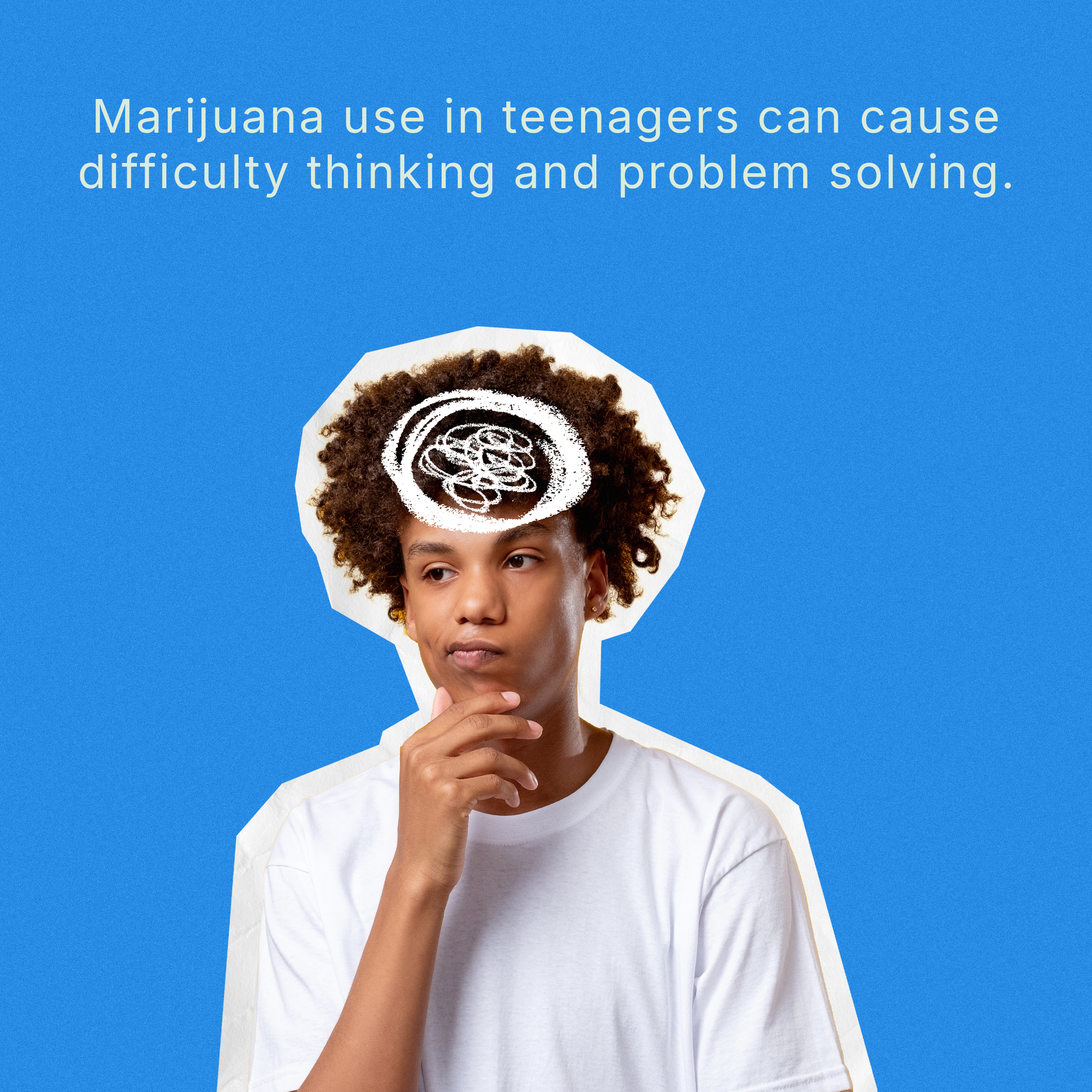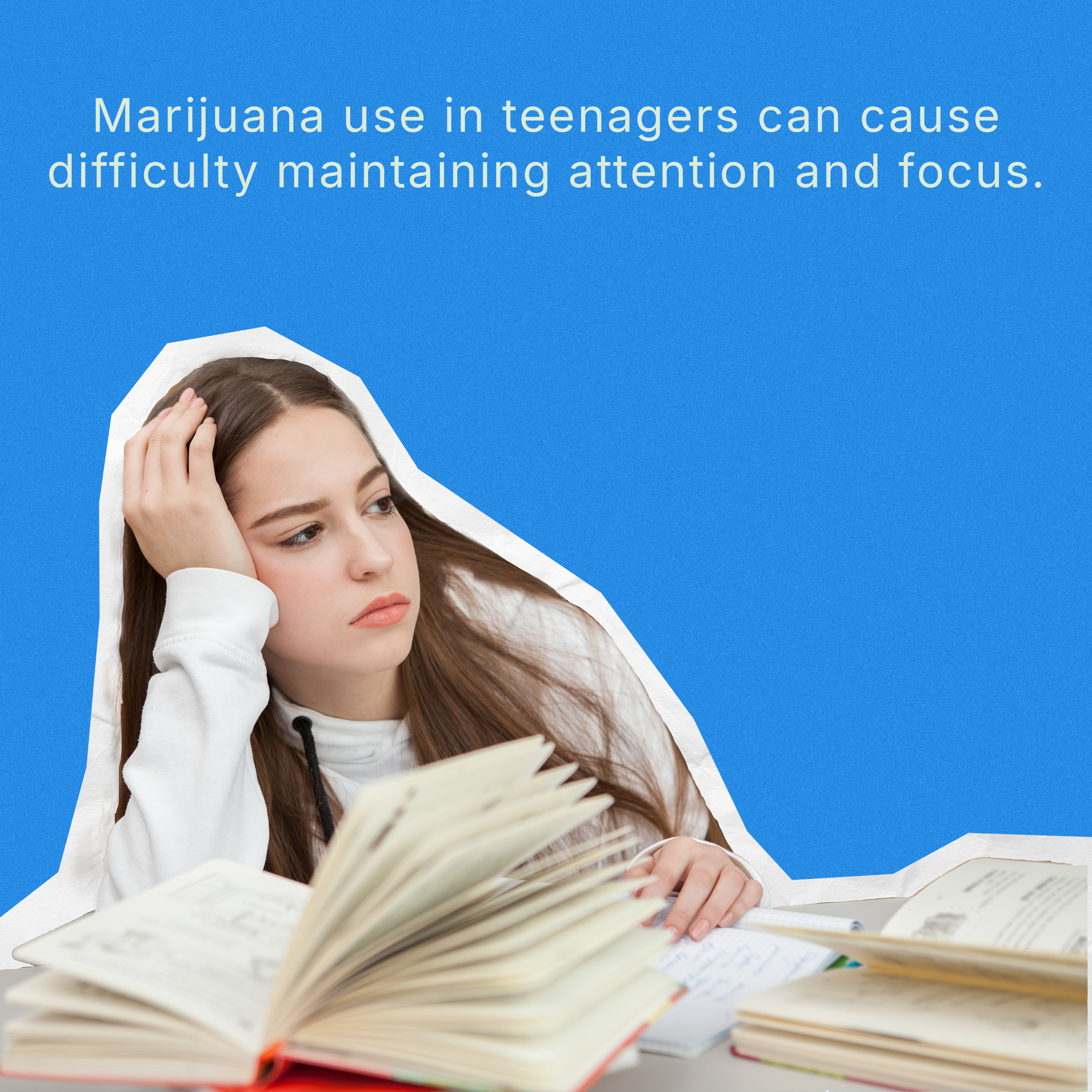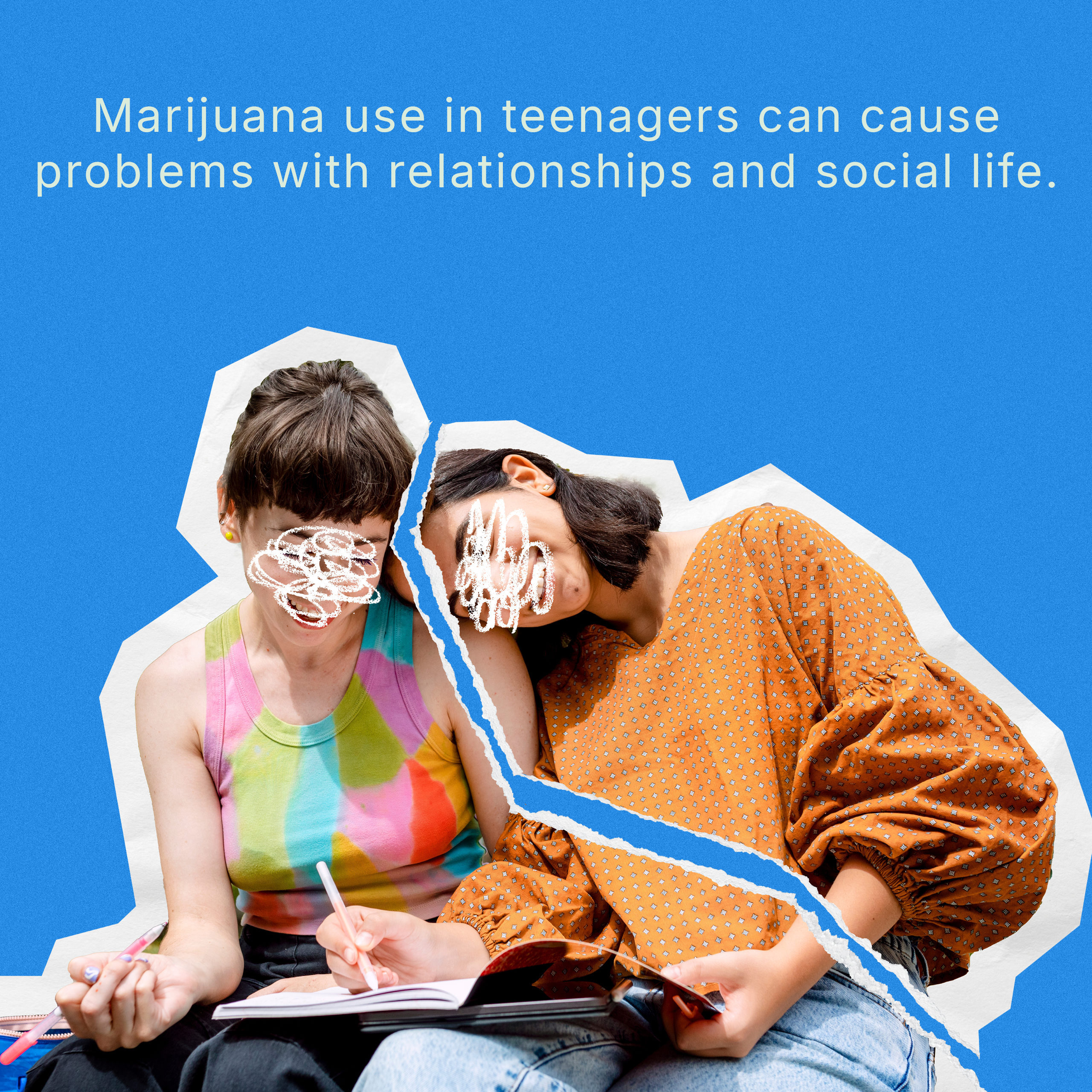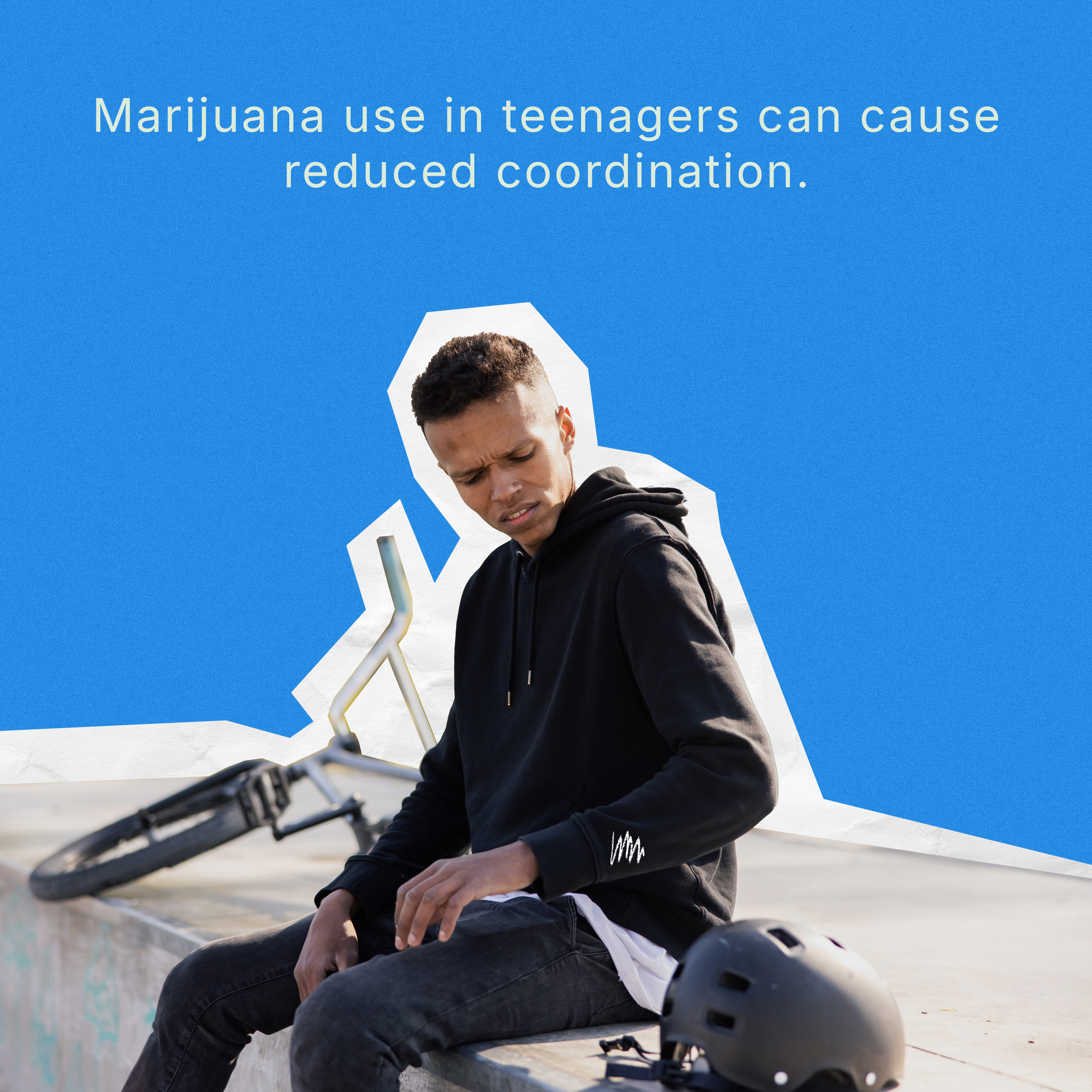“Shine Without Smoke” Campaign
Why should you focus on Shining Without Smoke?
Hey teens, let’s talk about marijuana. Marijuana use can take a hit on your ability to concentrate and problem solve. Using marijuana before age 18 has been shown to alter the brain’s connection building and functioning surrounding attention, memory, and learning. Do not let weed keep you from acing the test.
Some may say it can help you chill out or get stuff done, like homework, in the short term. But here’s the deal: while it might feel good now, there can be some not-so-great effects down the road. You might notice problems with memory or concentration, or feel kind of spaced out and not all there in the moment.
But guess what? There are plenty of other ways to cope and feel better without lighting up. You can jam out to your favorite tunes, or if you’re dealing with anxiety or ADHD, consider talking to your doctor for support. So, next time you’re feeling stressed or unfocused, try exploring some healthier options. Your future self will thank you!
The Reality
Using marijuana is like managing another relationship altogether, adding complexity to our existing connections. Marijuana use can cause a rift in your relationships. Different views on weed between partners can mess up relationship vibes and make dealing with conflicts harder. Relationships can be difficult to navigate as a young person even before throwing the complexities of marijuana into the mix.
Weed can throw you off! Use has been shown to affect reaction time and coordination. Whatever your ride might be, a car, a bike, a skateboard, smoking weed can act as a major roadblock to safe travels.
The Importance of Coping Skills
While weed can be useful for some people, it affects everyone differently. Substances such as marijuana can serve as an external crutch to deal with life’s stressors and prevent the development of internal coping strategies. Marijuana does not get rid of depression, anxiety, and stress; it simply masks these feelings making them harder to deal with when they come back up.
Developing an internal toolkit of positive coping mechanisms allows you to access simple and easy to use tools that will not make life harder. Check out the stress science tips for other ways to cope!
Remember, your future is shining bright—so channel your energy into letting that light glow!



